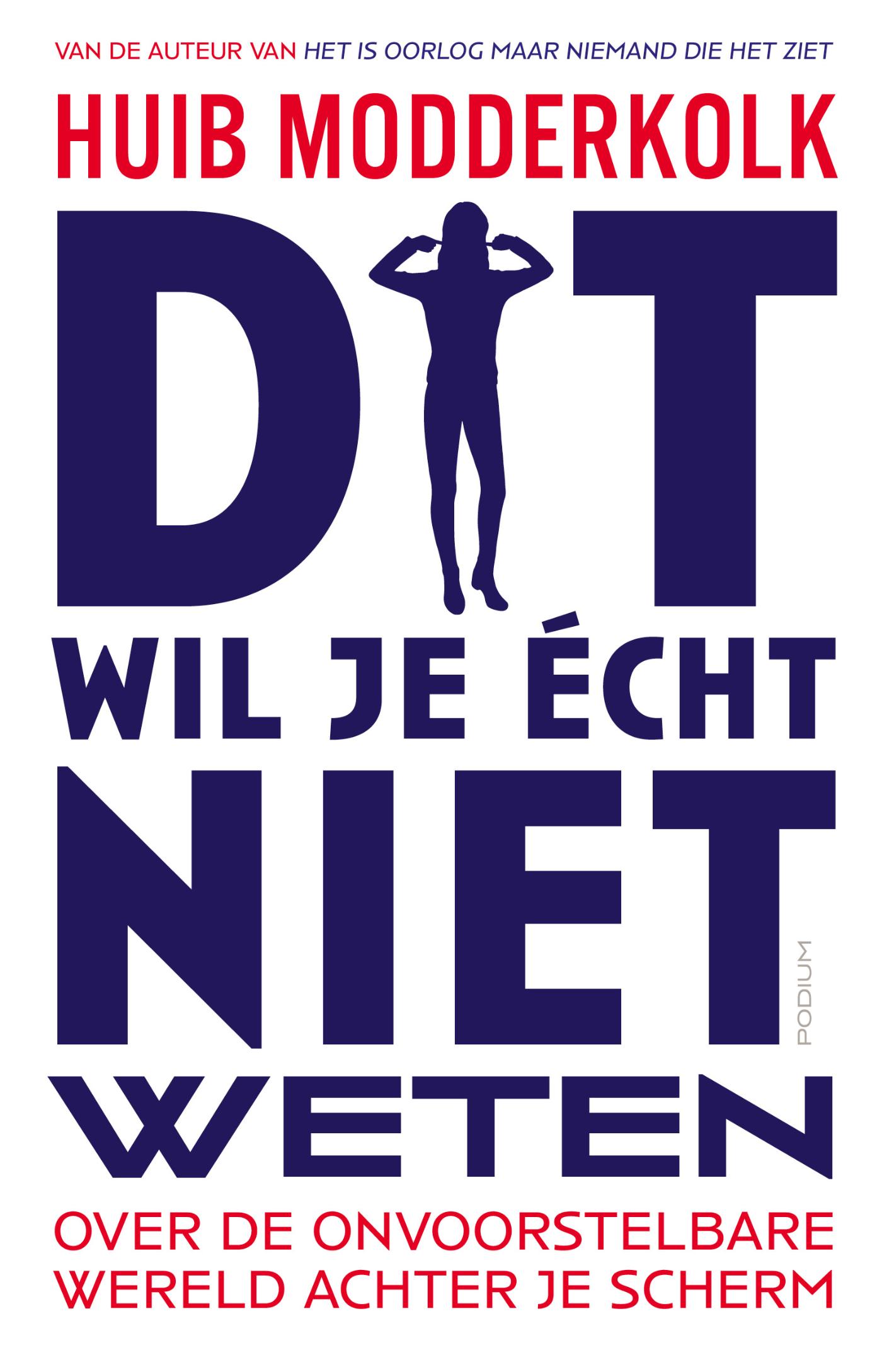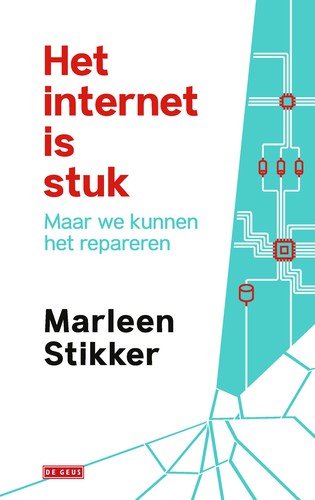RexLegendi reviewed Dit wil je écht niet weten by Huib Modderkolk
Digital warfare at a glance
4 stars
One of the things that strikes me when reading about cybersecurity is how rapidly the landscape shifts. Especially after the Covid-19 pandemic in 2020, the topic seems to have taken off. This is demonstrated by the examples used by Dutch journalist Huib Modderkolk (1982) in his new book Dit wil je écht niet weten, which is likely to be translated into English soon, as was the case with his pre-pandemic book, There's A War Going On But No One Can See It. Many of these examples date from 2021 or later and mark a break with the past.
Dark side of online society This time, Modderkolk is determined to make ordinary people understand why the dark side of our online society concerns everyone. In his introduction alone, he illustrates how data hacks or leaks allow anyone to determine where you live, shop, or park your car, and how …
One of the things that strikes me when reading about cybersecurity is how rapidly the landscape shifts. Especially after the Covid-19 pandemic in 2020, the topic seems to have taken off. This is demonstrated by the examples used by Dutch journalist Huib Modderkolk (1982) in his new book Dit wil je écht niet weten, which is likely to be translated into English soon, as was the case with his pre-pandemic book, There's A War Going On But No One Can See It. Many of these examples date from 2021 or later and mark a break with the past.
Dark side of online society This time, Modderkolk is determined to make ordinary people understand why the dark side of our online society concerns everyone. In his introduction alone, he illustrates how data hacks or leaks allow anyone to determine where you live, shop, or park your car, and how hospitals, for example, treat intimate medical data as if it were mere waste to be discarded. Many everyday services, such as intercoms, operate on networks that are poorly secured or not secured at all. Software has become so complex that even its producers often no longer fully understand it, as demonstrated by the alarming case of Toyota, where the car system confused the accelerator with the brake pedal.
De helft van de kinderen tussen negen en dertien jaar noemt zichzelf telefoonverslaafd. Iedere Nederlander krijgt te maken met de gevolgen van datalekken. Bedrijven weten niet of Chinese, laat staan westerse hackers in hun systemen zitten. Demonstranten zijn nooit meer anoniem. Het functioneren van de democratie wordt onderwijs door gemanipuleerde beelden en desinformatie.
The world of intelligence services and digital warfare Despite his intentions, Modderkolk once again reveals himself as a journalist deeply immersed in the world of intelligence services and digital warfare. He writes passionately about hacking in the war between Russia and Ukraine, Iran’s reckless digital strategy, and Chinese hackers who operate without political, physical, or ethical constraints – ‘Russia is the storm, China the climate change’. The author questions how we might better address a problem that typically only becomes apparent after the fact, if at all. Looking away is no option, however: while hacking may initially cause devices to stop functioning, in the long run, it has the potential to undermine democracies and economies.
Overall, I like Modderkolk’s style. He knows how to build up exciting stories with seemingly irrelevant details that add context, for example by incorporating news bulletins from the time. I read this book in succession with Het internet is stuk by Marleen Stikker; together, they paint an intriguing picture of the dangers of the internet and digital technologies.













